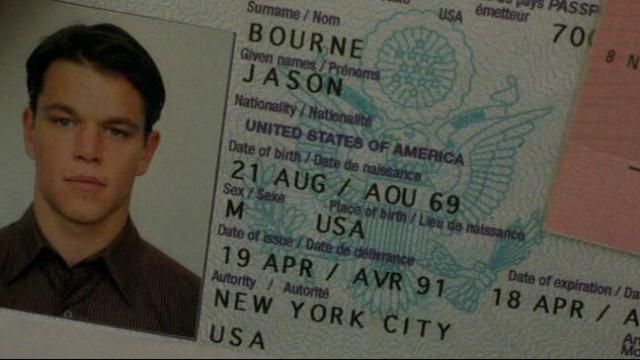Time to Make Our Own Electricity

Imagine how different your life would be if next Earth Day a year from now, you supplied the power to this computer—by pedaling, churning or dancing. The way these students in Pendleton, Indiana, did, when they managed to run lights, a TV and a DVD player off of stationary bikes.
You’d use less oil, natural gas and coal, because you’d be taking less electricity from the grid. So you’d help lower the world’s risks of climate catastrophe from global warming and a political meltdown from wars over dwindling resources. And there’d be another nudge toward peace in your routine: A newfound solidarity with the rest of humanity. Right now the world’s richest billion or so people live like demigods, able to fly across oceans while watching old sitcoms, and to click on a website to order strawberries delivered in the depths of winter. Meanwhile the rest of the human race lives by hard labor. Were everyone to make some of his own electricity, this gap would narrow. A family in Orlando would still have way more gadgets than a family in Ougadougou. But both households, in order to make a screen light up, would have to do the same physical work.
I’m not imagining a Flintstones world. Power that serves society as a whole—that keeps cops’ radios on, and heart monitors beeping, and fire trucks’ sirens wailing—we would still expect from the grid. Refrigerators and freezers need constant power but people can’t pedal 24/7, so, exempt those too. That still leaves cell phones, computers, TV’s, coffeemakers, the i’s Pod and Pad, and a host of other personal gadgets. Yes, factories, offices and stores use most of the energy consumed by humanity, but private households still matter. They account for 22 percent of energy consumption in the world’s richest nations, according to this United Nations report.
Can it be done, though? Is it really feasible to power our own stuff?
In principle, the answer there is an unambiguous yes. David Butcher, an inventor in San Jose who generates all of his household’s electrical power, will sell you plans and instructions. Elsewhere, there are electricity-generating bikes, rowing machines, desk-pedals, devices like this and this and this. And the “sustainable dance club,” which captures the energy of people’s crumping and uses it to power lights, is already on sale. Move this sector from the garages and workshops into the R&D departments of large corporations, and human-power devices could easily become efficient, inexpensive, and ubiquitous.
In practice, of course, the question is: How much electricity can we make for ourselves, and will it be enough? I did a few back-of-the-envelope calculation: In 2005, according to the U.S. Department of Energy, 111.1 million U.S. household used 662 billion kilowatt-hours of electricity for appliances and lighting, excluding refrigerators. A person in good shape, working hard, can generate 125 watts in an hour, according to David Butcher. So, let’s suppose 150 million Americans spend two hours a day pedaling and pushing to generate power: That’d be, in a super-optimistic estimate, 250 watts times 150 million, multiplied by the 365 days in a year. Divide the result by a thousand to get kilowatt hours and the result is … about 13.7 billion kWh in a year. Which means people use about 650 billion kWh more than they can generate.
Yikes. Of course, if personal-power catches on, it will probably spur people to reduce their consumption, and make generating equipment, batteries and gadgets more efficient. It couldn’t hurt, and it would probably help. My human-power estimate is less than 2 percent of non-refrigerator domestic consumption in the United States. But 2 percent of 662 billion kWh isn’t peanuts.
Now, I’ll concede that using joggers to generate electricity is part of the platform (item 46) of Britain’s Official Monster Raving Loony Party. They don’t fare that well at the polls. But political realism is a flexible notion; it depends on people’s thoughts about what other people think, not physical facts. Generating at least some of your electricity would reduce your carbon footprint, make you fitter, bring you closer to the rest of humanity and save you some money. Where’s the downside in that?





